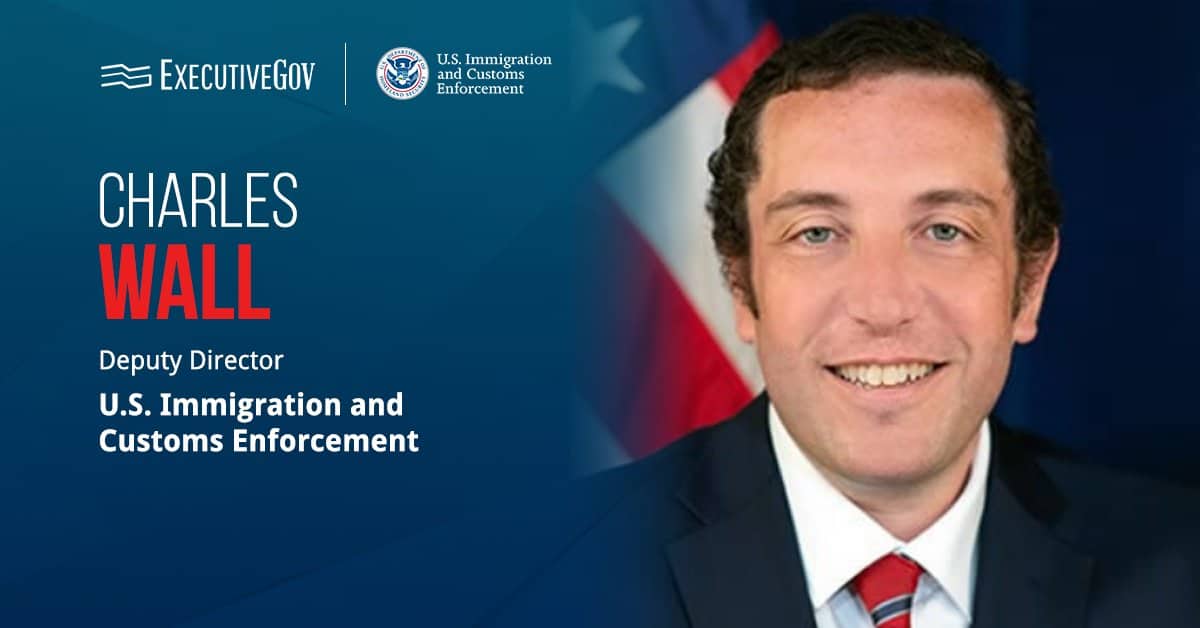The U.S. Space Force intends to consolidate large amounts of data in a cloud environment for faster data-driven decision-making, Space News reported Monday. To make this happen, USSF will make a large investment in cloud consolidation efforts throughout the next decade.
Col. Jennifer Krolikowski, senior materiel leader for space command and control at the Space and Missile Systems Center, said space operations require a lot of data for decisions to be made.
The service plans to address this need via a data-as-a-service procurement approach, which automates data management processes. The cloud-consolidated data can undergo artificial intelligence analysis to speed up deliveries.
Krolikowski told Space News that the effort's contracting strategy might bring an award pool of $10 billion.





